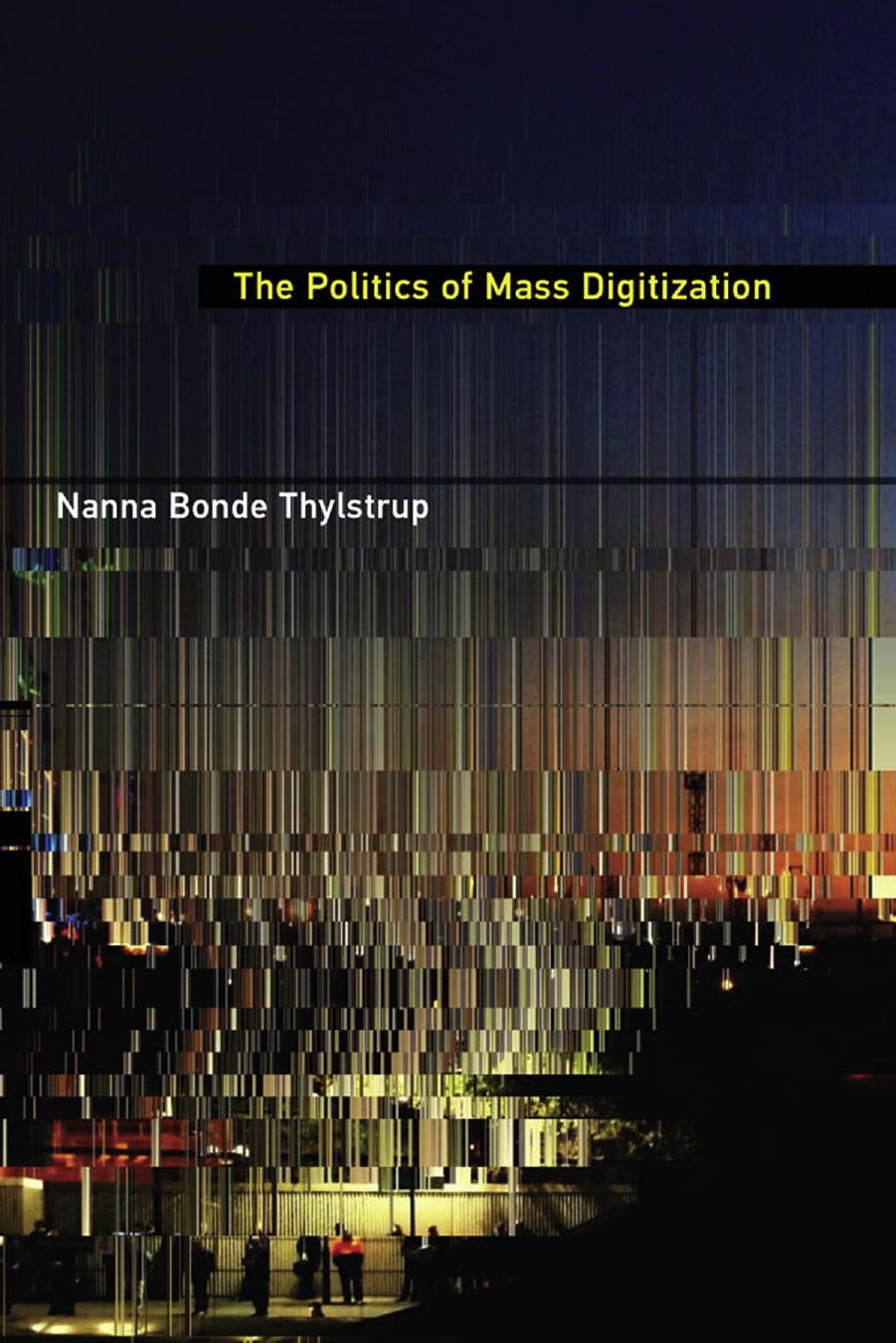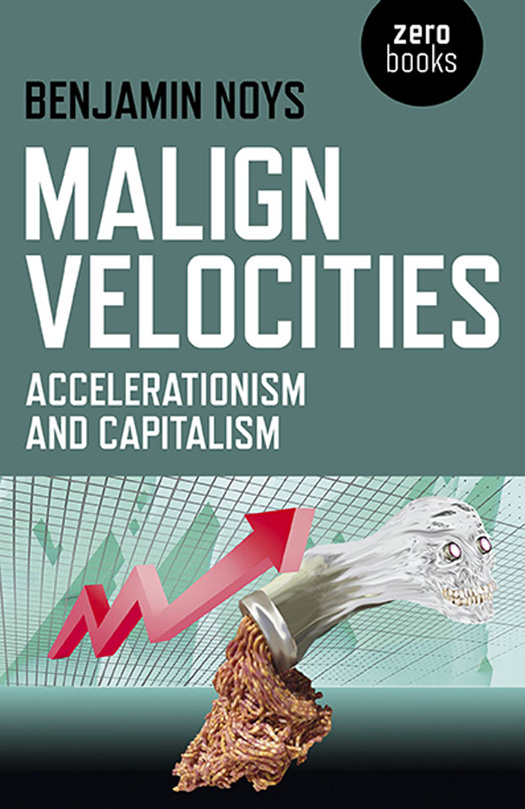Nanna Bonde Thylstrup: The Politics of Mass Digitization (2018)
Filed under book | Tags: · book, cultural memory, digitisation, europeana, google, infrapolitics, infrastructure, knowledge, library, media infrastructure, monoskop, networks, shadow library, speed, ubuweb

“A new examination of mass digitization as an emerging sociopolitical and sociotechnical phenomenon that alters the politics of cultural memory.
Today, all of us with internet connections can access millions of digitized cultural artifacts from the comfort of our desks. Institutions and individuals add thousands of new cultural works to the digital sphere every day, creating new central nexuses of knowledge. How does this affect us politically and culturally? In this book, Nanna Bonde Thylstrup approaches mass digitization as an emerging sociopolitical and sociotechnical phenomenon, offering a new understanding of a defining concept of our time.
Arguing that digitization has become a global cultural political project, Thylstrup draws on case studies of different forms of mass digitization—including Google Books, Europeana, and the shadow libraries Monoskop, lib.ru, and Ubuweb—to suggest a different approach to the study of digital cultural memory archives. She constructs a new theoretical framework for understanding mass digitization that focuses on notions of assemblage, infrastructure, and infrapolitics. Mass digitization does not consist merely of neutral technical processes, Thylstrup argues, but of distinct subpolitical processes that give rise to new kinds of archives and new ways of interacting with the artifacts they contain. With this book, she offers important and timely guidance on how mass digitization alters the politics of cultural memory to impact our relationship with the past and with one another.”
Publisher MIT Press, 2018
ISBN 9780262039017, 026203901X
ix+200 pages
Reviews: Paul Conway (Journal of the Association for Information Science and Technology, 2019), Logan Brown (New Media & Society, 2019), Marc Kosciejew (Information & Culture, 2019), Lizzie Martin (Convergence, 2019).
Commentary: Seb Chan (2019), Bill Caraher (2019).
&&& Journal, 0: Tachophobia // Tachomania (2015)
Filed under journal | Tags: · accelerationism, aesthetics, art, philosophy, speed

“Issue 000 accentuates and renders visible the divergences and unexpected overlaps between “tachophobia” (fear of speed) and “tachomania” (obsession with speed), in the ongoing debates over accelerationism that have followed the publication of Nick Srnicek and Alex Williams’ “#Accelerate: Manifesto for an Accelerationist Politics”.”
With texts by Benjamin Noys, Ivan Niccolai, Tom McGlynn, Sam Sackeroff, and Chris Shambaugh.
Edited by Jason Adams, Mohammad Salemy, and Tony Yanick
Publisher &&& Publishing, Spring 2015
Benjamin Noys: Malign Velocities: Accelerationism and Capitalism (2014)
Filed under book | Tags: · accelerationism, capitalism, communism, cyberpunk, futurism, labour, machine, marxism, movement, philosophy, speed, technology

“We are told our lives are too fast, subject to the accelerating demand that we innovate more, work more, enjoy more, produce more, and consume more. That’s one familiar story. Another, stranger, story is told here: of those who think we haven’t gone fast enough. Instead of rejecting the increasing tempo of capitalist production they argue that we should embrace and accelerate it. Rejecting this conclusion, Malign Velocities tracks this ‘accelerationism‘ as the symptom of the misery and pain of labour under capitalism. Retracing a series of historical moments of accelerationism – the Italian Futurism; communist accelerationism after the Russian Revolution; the ‘cyberpunk phuturism’ of the ’90s and ’00s; the unconscious fantasies of our integration with machines; the apocalyptic accelerationism of the post-2008 moment of crisis; and the terminal moment of negative accelerationism – suggests the pleasures and pains of speed signal the need to disengage, negate, and develop a new politics that truly challenges the supposed pleasures of speed.”
Publisher Zero Books, 2014
ISBN 1782793003, 9781782793007
130 pages
EPUB, EPUB (updated on 2019-6-9)
Comment (0)
